Artificial Intelligence (AI) has rapidly evolved from science fiction to an integral part of our daily lives, often in ways we may not even realize. While most people are familiar with AI in the form of virtual assistants like Siri or Alexa, its applications extend far beyond these well-known examples. Here, we explore some lesser-known but equally fascinating ways AI is woven into the fabric of everyday life.
Healthcare and Personal Wellness
AI's influence in healthcare is profound, enhancing diagnostic accuracy, personalizing treatment plans, and even predicting disease outbreaks. For instance, wearable devices like smartwatches monitor your vital statistics in real-time and use AI algorithms to provide health insights, detect irregularities, and even recommend lifestyle changes. These devices can alert users to potential health issues before they become critical, empowering individuals to take proactive steps towards better health.
Smart Home Management
Beyond voice-activated assistants, AI is embedded in numerous smart home devices to enhance comfort, convenience, and energy efficiency. Smart thermostats learn your temperature preferences and adjust settings to optimize energy use. AI-powered security cameras not only monitor your home but can also distinguish between a family member, pet, and potential intruder, providing an added layer of security.
Personalized Shopping and Recommendations
Online shopping platforms like Amazon use AI to analyze your browsing and purchasing habits, enabling them to recommend products tailored to your preferences. This personalized shopping experience extends to streaming services like Netflix and Spotify, where AI curates content based on your viewing and listening history, ensuring you always have a new show to binge-watch or a song to enjoy.
Financial Services and Fraud Detection
AI plays a crucial role in modern banking and financial services. Algorithms analyze transaction patterns to detect suspicious activities and potential fraud, often in real-time. This not only helps protect your accounts but also streamlines banking operations, making services faster and more efficient. Additionally, AI-driven chatbots assist customers with queries, providing immediate responses and enhancing overall user experience.
Transportation and Navigation
AI is revolutionizing transportation through applications like autonomous vehicles and predictive maintenance. Companies like Tesla use AI to enable self-driving cars to navigate roads, avoid obstacles, and make real-time driving decisions. Moreover, AI is used in navigation apps like Google Maps, which analyze traffic patterns to suggest the quickest routes, saving you time and fuel.
Agriculture and Food Production
AI technologies are increasingly used in agriculture to improve crop yields and ensure food security. Drones equipped with AI can monitor crop health, analyze soil conditions, and even predict the best times for planting and harvesting. This precision agriculture helps farmers make data-driven decisions, enhancing productivity and sustainability.
Customer Service and Support
Many companies employ AI-powered chatbots to handle customer service inquiries, offering immediate assistance and reducing wait times. These chatbots can resolve common issues, guide users through troubleshooting steps, and even escalate more complex problems to human agents, ensuring a seamless customer experience.
In conclusion, Artificial Intelligence is much more than a futuristic concept; it's a dynamic force shaping various aspects of our daily lives. From healthcare to home management, personalized shopping to transportation, AI's applications are diverse and impactful. As technology continues to advance, AI will undoubtedly become even more integrated into our everyday routines, making tasks easier, safer, and more efficient. Understanding these hidden applications can help us appreciate the incredible potential and benefits AI brings to our modern world.
FAQs
How is AI used in healthcare to improve personal wellness?
AI in healthcare enhances diagnostic accuracy, personalizes treatment plans, and predicts disease outbreaks. Wearable devices like smartwatches use AI to monitor real-time health data, detect irregularities, and provide personalized health insights. These AI-powered devices can alert users to potential health risks before they become critical, allowing for proactive care and lifestyle adjustments.
2. What role does AI play in smart home management?
AI is integrated into smart home devices to enhance convenience, comfort, and energy efficiency. AI-powered thermostats learn your temperature preferences to optimize energy usage, while smart security cameras use AI to differentiate between family members, pets, and intruders. These systems create a personalized, automated home environment for easier and safer living.
3. How does AI personalize the shopping experience?
Online platforms like Amazon use AI to analyze browsing and purchasing behaviors, enabling them to recommend products tailored to individual preferences. Similarly, streaming services like Netflix and Spotify use AI to curate personalized content recommendations based on users' viewing and listening histories, providing a customized entertainment experience.
4. How is AI used to enhance financial services and prevent fraud?
AI plays a crucial role in financial services by analyzing transaction patterns to detect suspicious activities and potential fraud in real-time. It improves the security of bank accounts, while AI-driven chatbots provide immediate customer support. These technologies streamline banking operations, making transactions faster and more efficient while enhancing security.
5. What are some AI applications in transportation and agriculture?
In transportation, AI enables autonomous vehicles to navigate roads, avoid obstacles, and make real-time decisions, while navigation apps like Google Maps use AI to suggest the fastest routes based on traffic patterns. In agriculture, AI-driven drones monitor crop health and soil conditions, allowing farmers to make data-driven decisions that improve crop yields and sustainability.

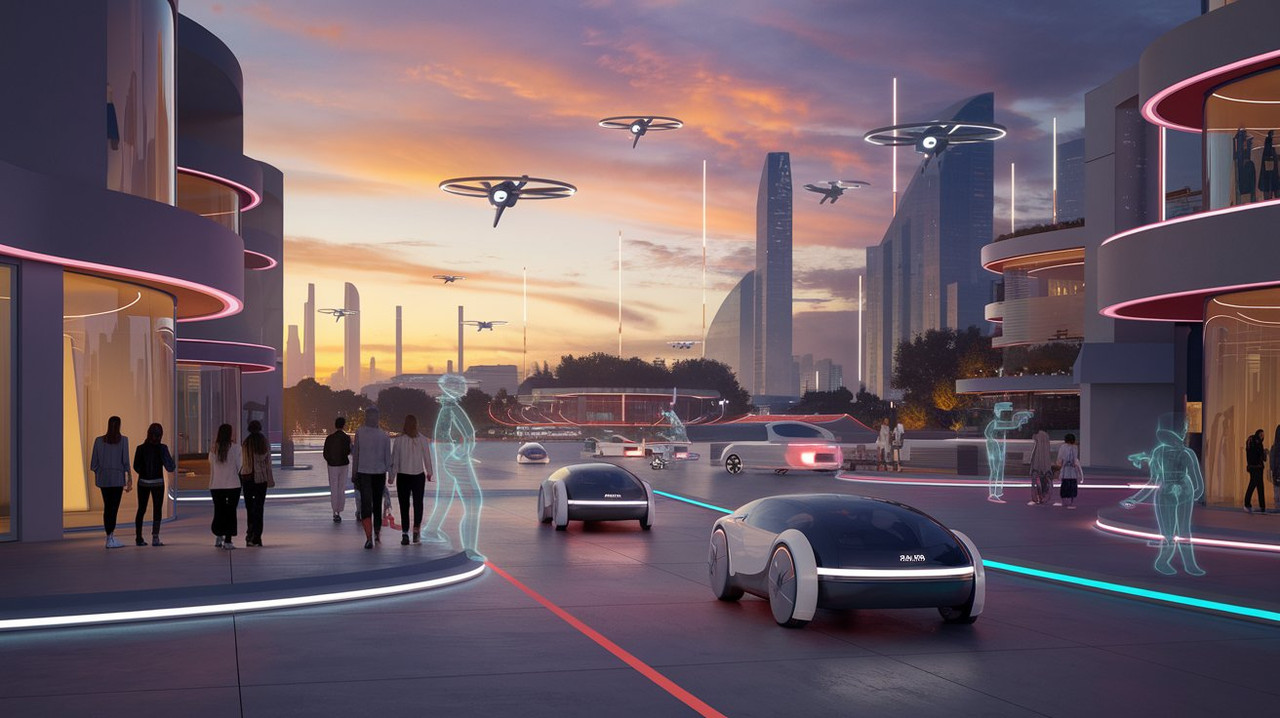
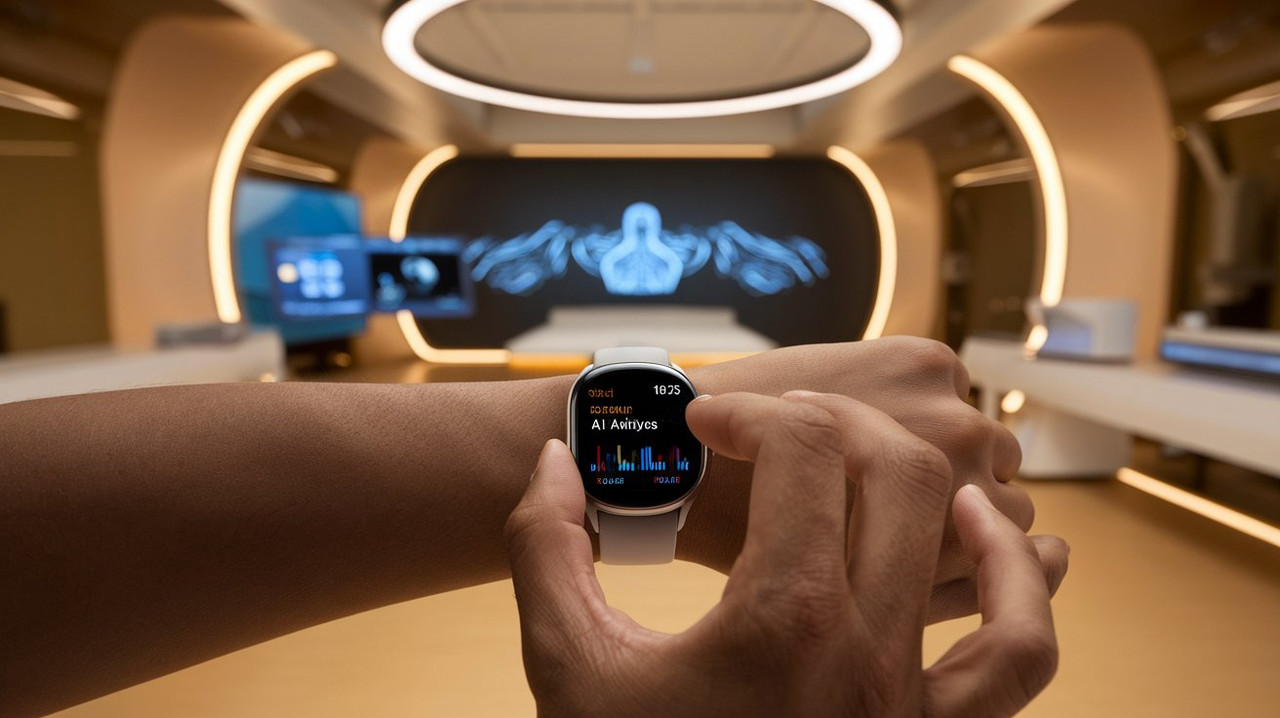
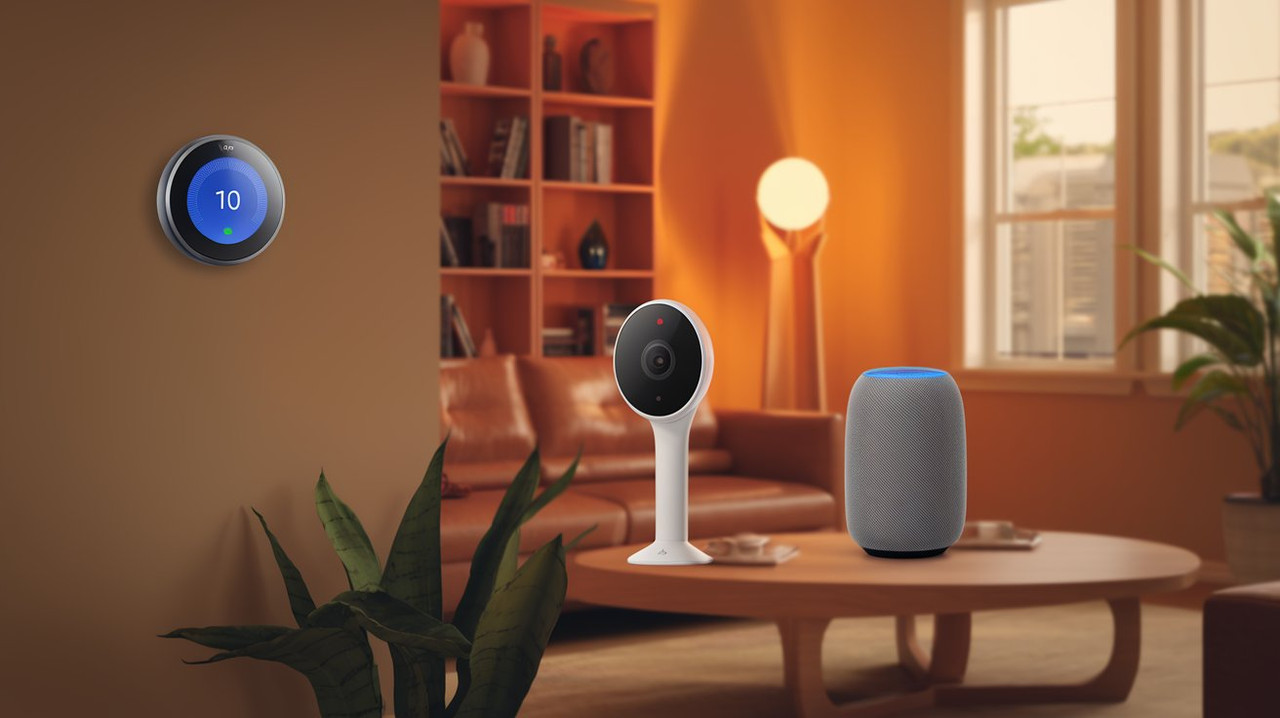
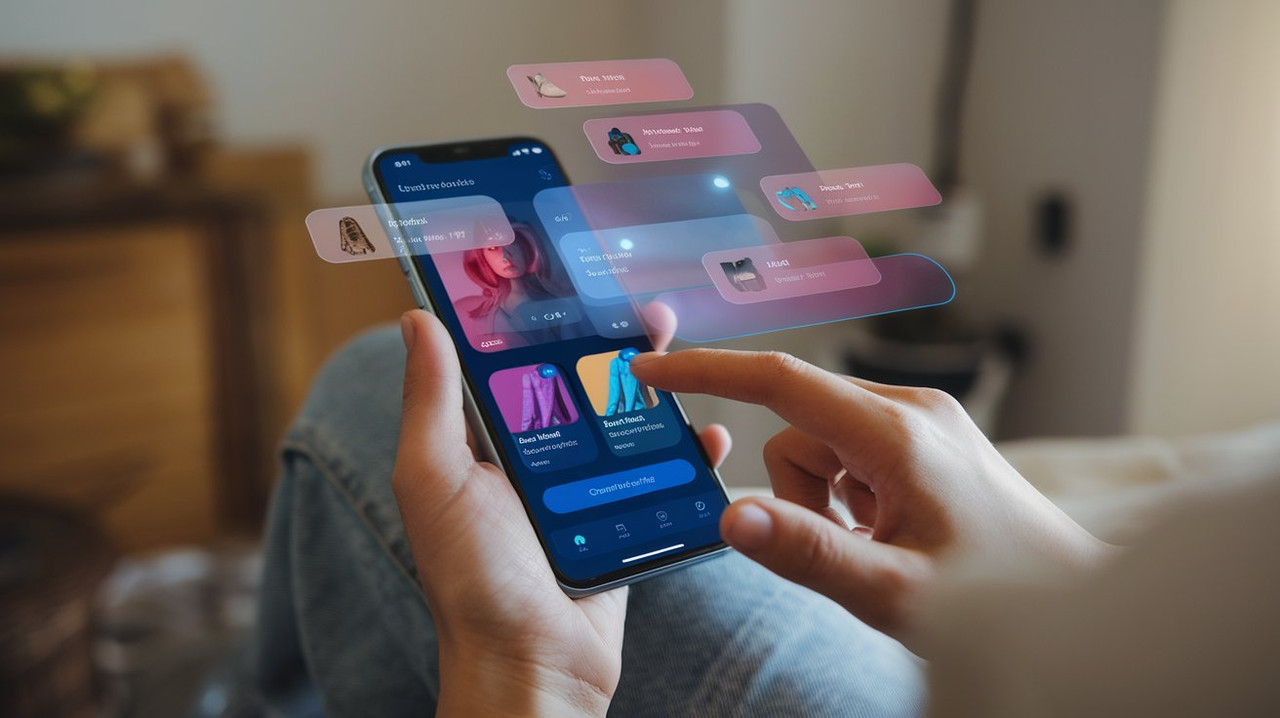

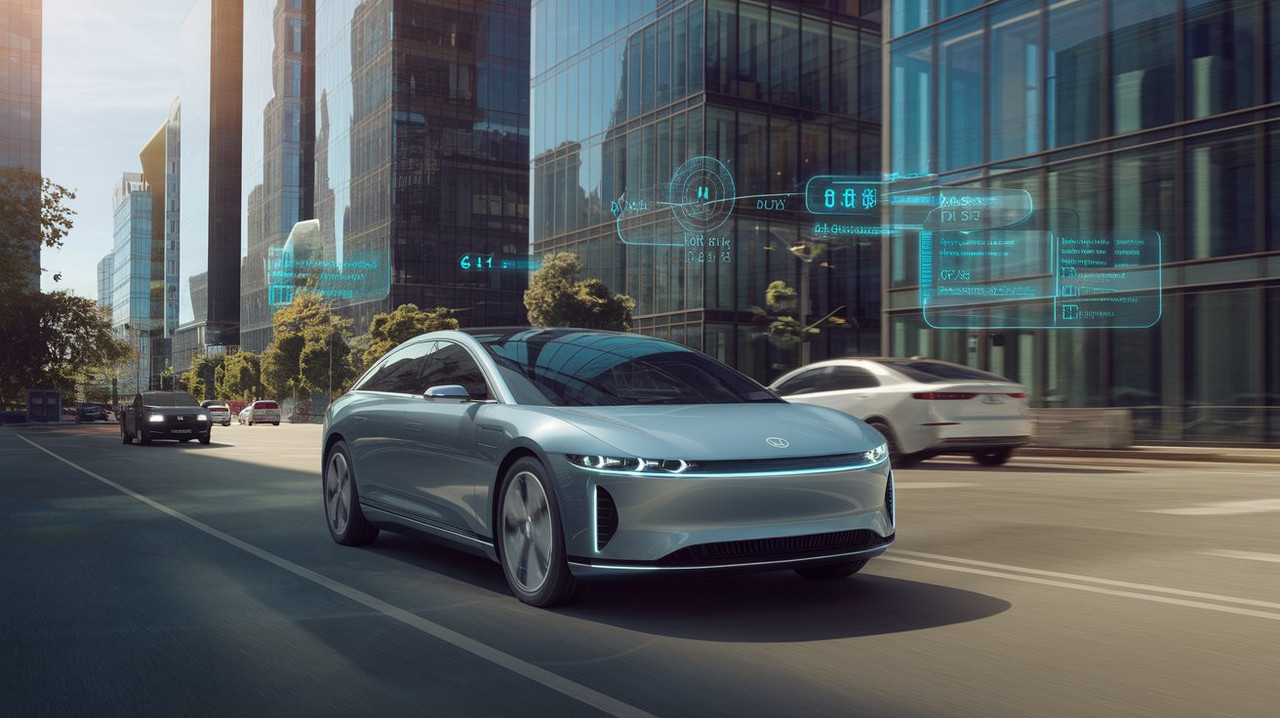

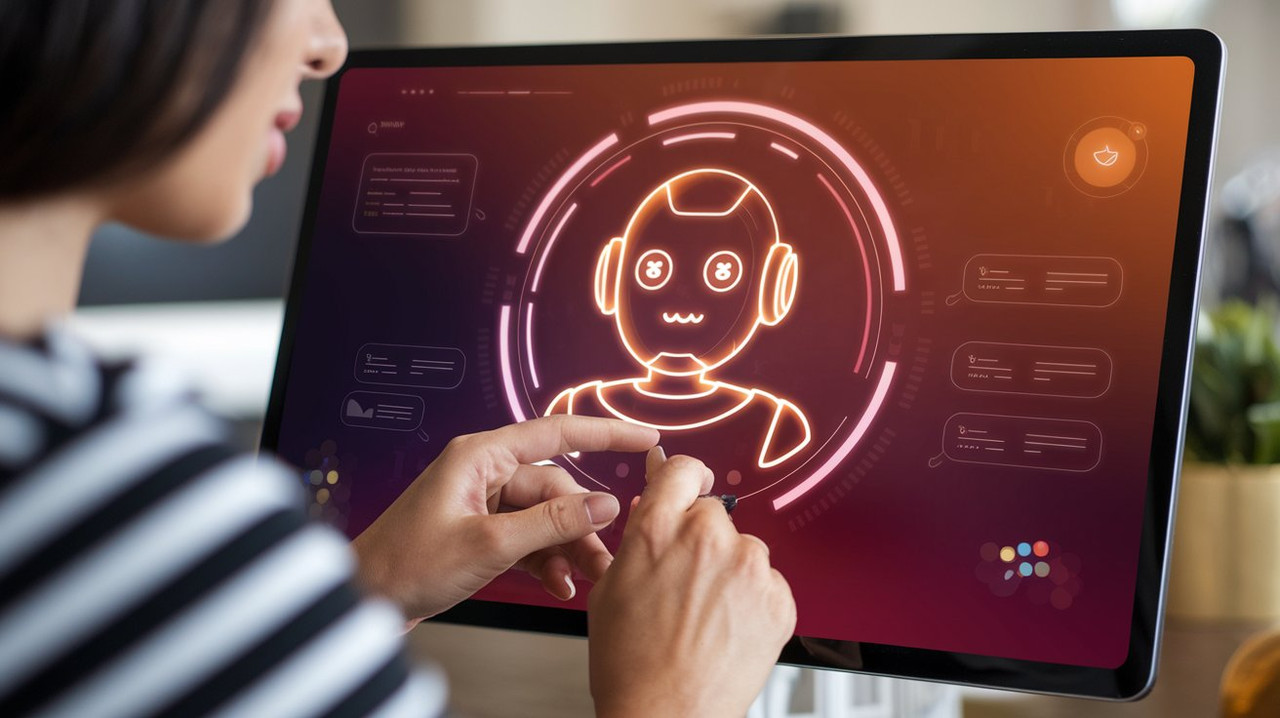

0 Comments
Post a Comment